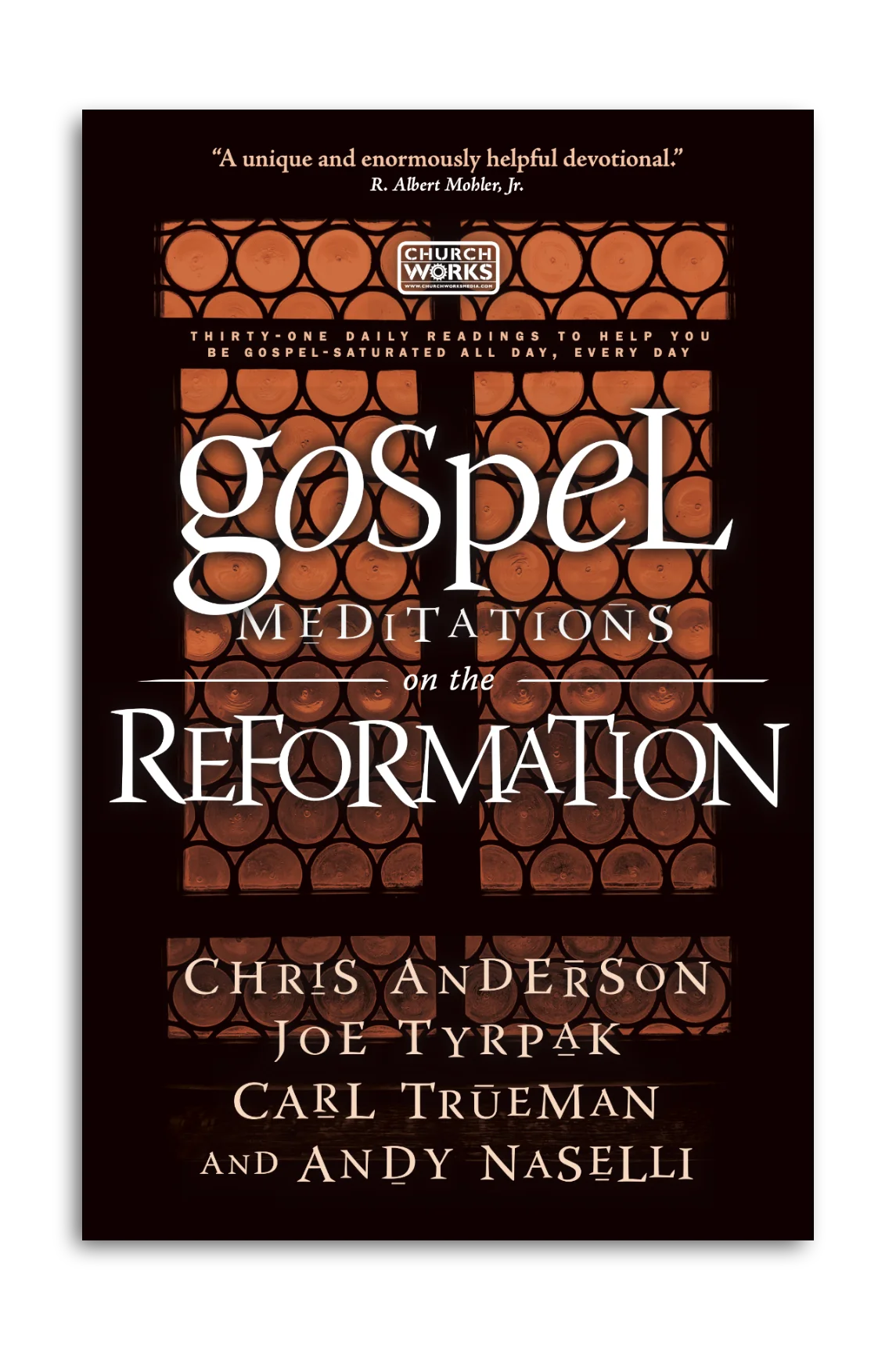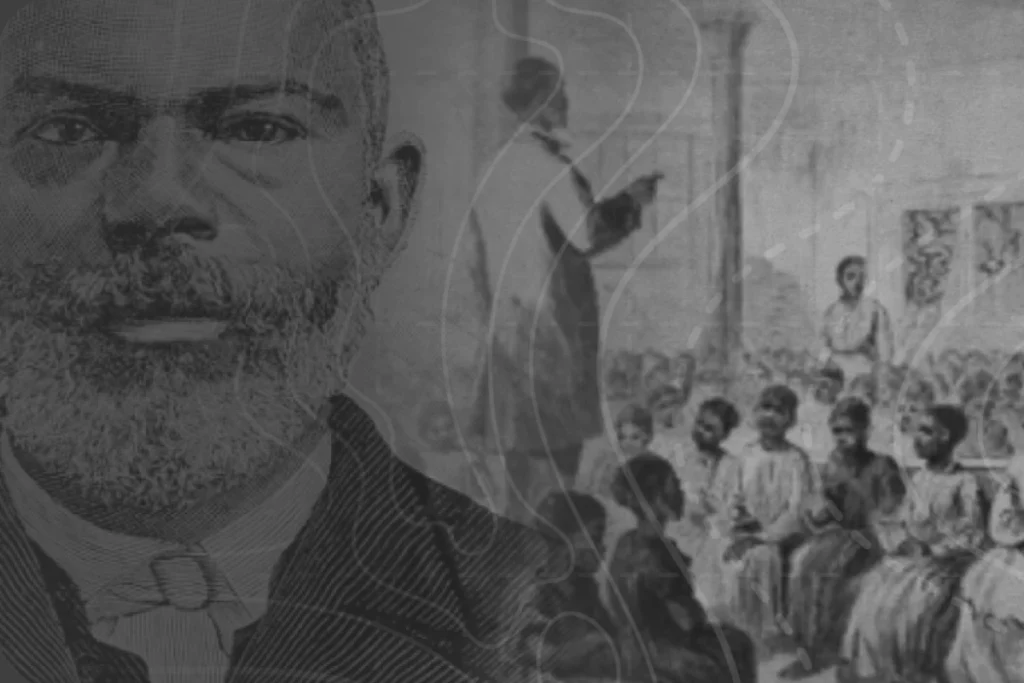
Blog
Sola Fide: Why Good Works Fall Short

This post by Joe Tyrpak comes from Gospel Meditations on the Reformation (Day 9: “Why Faith Alone?”).
“We hold that one is justified by faith apart from works of the law.” (Romans 3:28)
Many Christians know what they believe before they can explain or defend why they believe it. That’s not necessarily wrong, but it does reflect some degree of immaturity.
It’s fine for a child to know that touching the stovetop burner is bad, even though she doesn’t understand why. In such a case, the daughter’s obedience actually reflects a simple trust in the word of her parents. But hopefully, as she gets older, she grows to understand the realities that undergirded her parents’ command.
Just like it’s healthy for a child to mature from knowing what’s right to knowing why it’s right, every Christian should know not only what he believes but also why he believes it.
Teaching Us How to Think
So why do you believe that God justifies a sinner on the basis of faith alone in Jesus? In other words, can you explain why it would be wrong for God the Judge to declare a guilty sinner as innocent in His sight on the basis of that sinner’s obedience to God’s commands?
If you reply, “Because the Bible tells me so,” that’s a great answer, but can you explain the biblical reasoning behind the conclusion that justification must be by faith alone?
Paul doesn’t just tell us what to believe. If that’s all he wanted to do, his letters would be much shorter than they are. I agree with T. D. Bernard’s conviction that the New Testament letters are God’s remarkably wise way of teaching His people how to think:
Consider…the argument on justification in the early part of the Epistle to the Romans….Why all this labour in proving what might have been decided by a simple announcement from one entrusted with the word of God? Would not the apostolic declaration that such a statement was error, and that such another was truth, have sufficed for the settlement of that particular question? Doubtless! But it would not have sufficed to train men’s minds to that thoughtfulness whereby truth becomes their own. (The Progress of Doctrine in the New Testament, p. 158, italics mine)
God breathed out the New Testament letters to teach us not just what to believe but why to believe it. In Romans Paul teaches us not only that justification is by faith alone but why it must be by faith alone.
The Justification for Our Justification
In the first three chapters of his letter, Paul explains that every person’s actual deeds lead to God’s just pronouncement of condemnation (Romans 1:18; 2:1; 3:9–20). If our works do anything, they ensure our guilt. So the issue is not whether our good works outweigh our bad works (like so many people assume will be the standard on Judgment Day), but whether our good works can undo our bad works.
Paul goes farther. He offers four positive reasons why justification must be by faith alone.
First, when we stop relying on our obedience and trust entirely in Jesus’ substitutionary obedience, God takes away our right to brag about anything we did to save ourselves, and the Triune God gets all the praise (Romans 3:27).
Second, it allows God to justify non-Jews (Romans 3:29–30).
Third, it actually upholds God’s Law by imputing to us Jesus’ Law-keeping and by implanting in us a new heart that loves to obey (Romans 3:31).
Finally, Paul teaches that simple faith in God’s promise makes Christians the true children of Abraham. We are justified just like Abraham was: by simple faith. Abraham’s eventual obedience did not justify him; his eventual obedience proved that his justifying faith was alive and real rather than dead and hypocritical (Romans 4; compare with Genesis 15:1–6; 22:1–18; James 2:14–26).
Every Christian should know not only what he believes but also why he believes it.
Are you convinced that God declares ungodly people like you to be righteous in His sight, not on the basis of your obedience but entirely on the basis of your trust in Jesus? Can you explain why it must come about that way?
Let the gospel’s awesome truth be something you understand so well that you can explain and defend it.
Explore the whole book!
October 31, 2017, marked the 500th anniversary of Martin Luther’s posting of his Ninety-Five Theses and the beginning of the Protestant Reformation. In honor of this occasion, Church Works Media teamed with noted church historian Carl Trueman and theologian Andy Naselli to write 31 daily devotionals, taken from Scripture and illustrated with scenes from Reformation history. These meditations will feed your mind, warm your heart, and point your thoughts to Christ! Soli Deo Gloria!













